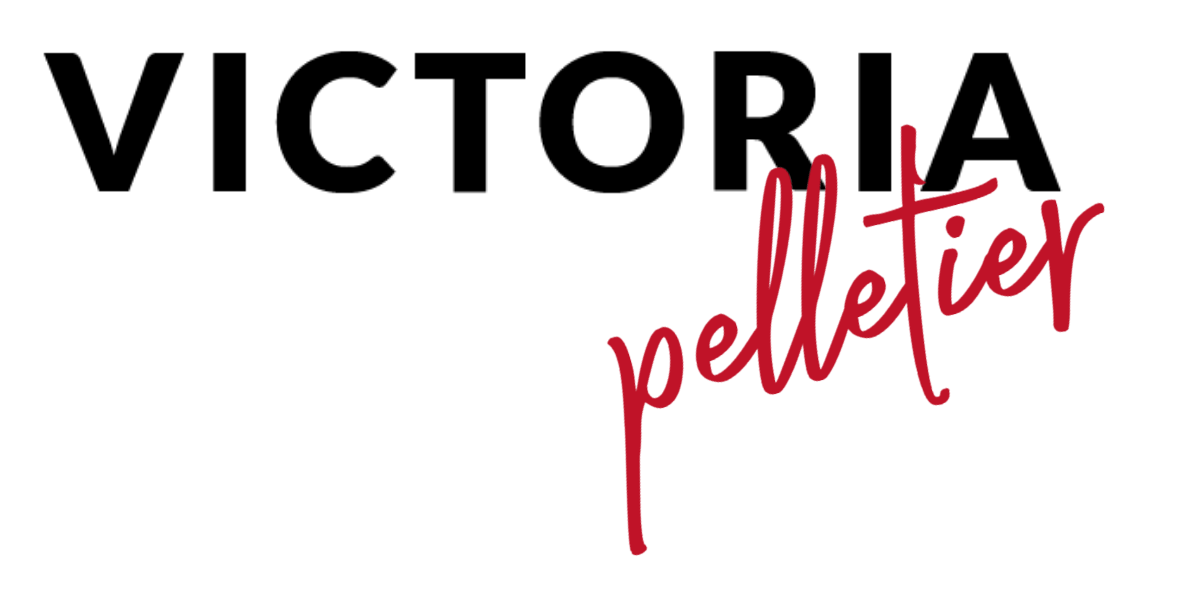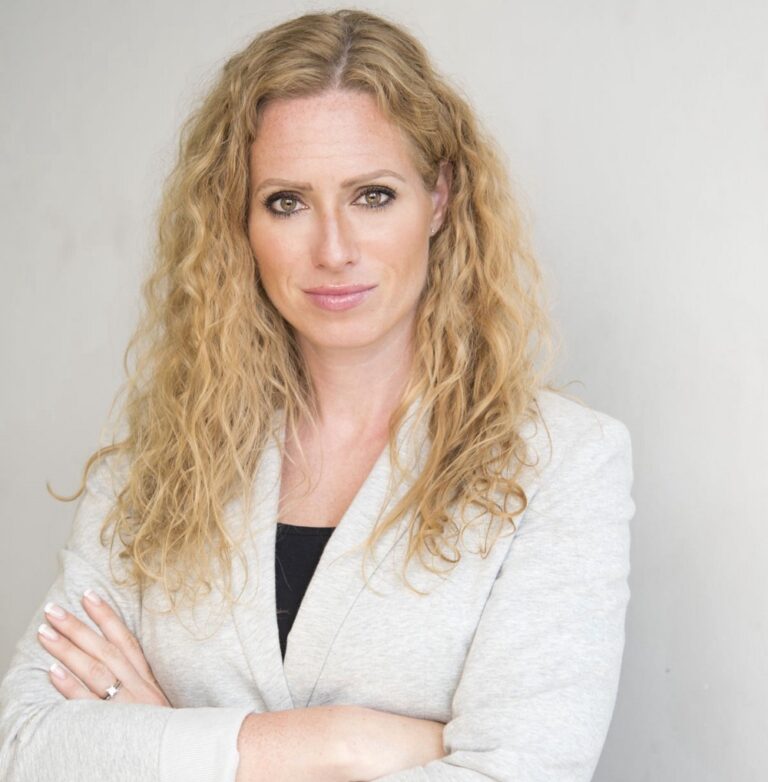
The Chief Diversity Officer: Not A Token Role
We’ve all seen their faces… George, Breonna, Stephon. We’ve also witnessed how those who continue to live react to the stories of marginalized persons who died too young. Some protest, some counter-protest, some resort to violence, some write, some report, some build higher fences. In a year in which the ills of racism have once again become headline news, many of us are just wondering, “What can I do?” And this issue isn’t solely about racial bias, is it? Female, LGBTQ, and neurodiverse colleagues and neighbours, to name a few, have their own dreadful stories to tell of exclusion, targeting, and harassment. While Covid-19 will be history sooner than later (we hope), discrimination, perhaps the oldest of our human vices, isn’t going anywhere.
The good news? Business, government, and higher education recognize that the institutions at the center of public and private life have the power to “move the needle” forward on discrimination through inclusive policies, progressive hiring, the cultivation of diversity, equity and inclusion (DE&I) educational opportunities, and a host of other initiatives. While DE&I efforts require significant listening and robust strategic planning, institutions CAN create the sort of localized change that resonates with the larger population, helping communities become more just, open, and safe for people from all backgrounds, experience and orientation. All that said, not everyone is equipped to lead the charge on diversity, equity and inclusion strategy and action.
At the core of many public and private DE&I initiatives is the hiring of a Chief Diversity Officer (CDO). While diversity training has been around, with some scale, since the 80s, the CDO role is much more recent. As the title implies, the CDO is an executive charged with crafting and implementing a DE&I strategy that helps nurture inclusion, combat discrimination, and diversify the business or institution. This is challenging work that requires significant training and robust experience in diversity and inclusion, not just seniority, recognition as a minority, or an itch to claim a prestigious title. Recently, with the social unrest and drive for action, I have seen far too many organizations promote or hire individuals into these roles without the requisite skills to truly be effective and influence and drive the change necessary. Almost worse is not giving the CDO the authority and direct reporting lines to the C-Suite and Boards to influence and drive the change; this is NOT and HR challenge – it is an organizational challenge and leadership across every part of the business must be held accountable to take measurable action.
An effective CDO must also have the skills, experience and resources to do the job they are being asked to do, and the gravitas in the organization to bring along partners and stakeholders. I say all of this to remind those executives or boards pondering the creation of the CDO role as well as for those interested in making a run at a CDO position, to make sure you’re doing it for the right reasons. A CDO hire is not about “checking a box” to please regulators or constituents; it’s about dismantling systemic racism, combating gender-bias, ensuring quality for all and eliminating discrimination. This is hard work that requires the institutional and executive support and CDO’s with the relevant skills, experience and influence to drive change.
Mita Mallic of Harvard Business Review reminds us that “A new CDO cannot come in, wave a magic wand, and transform an organization into an anti-racist one overnight.” I’ll add this: Hiring the right CDO, with the necessary supporting infrastructure and commitment, can at least get the positive movement underway. Don’t derail this important effort by “ticking a box” and not being fully prepared to provide the support and resources required to be successful.
It’s time to take real action, NOW. Move the needle. I implore those in positions to create CDO roles and hire into them, to do so with great forethought about the goals and objectives and supporting structure required for the CDO to be successful. And importantly, to hire a CDO not just because they themselves are diverse, but because they bring the requisite skills and competencies to the role.
“If not us, then who? If not now, then when?” – John Lewis



